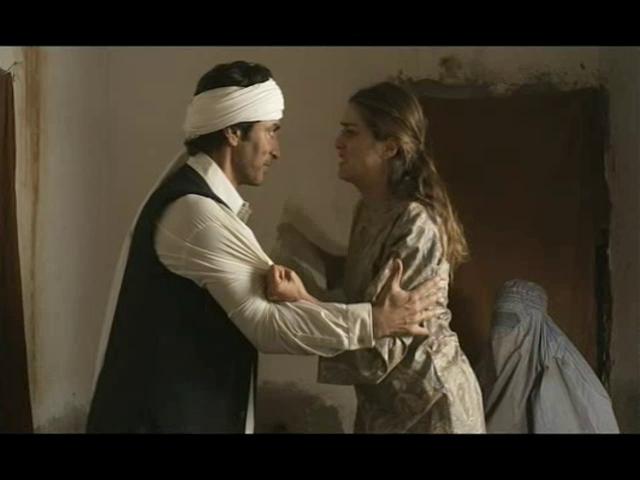Spain is estimated that there are about 40,000 registered Buddhist study centers, totaling about 65,000 practitioners and those who sympathize with Buddhism the number would reach 300,000.
the Buddhist religion in Spain is considered a religious minority and that only 0.5% of the Spanish population practicing this religion-
Buddhist center in Almería
Map of Buddhist center in Spain
SpainFCBE (Federación de Comunidades Budistas de España) founders of the association.
Tibetan Buddhism in Spain
This is a Mandala, Mandala is a Sanskrit source term, which means diagrams or symbolic representations rather complex, used both in Buddhism as in Hinduism.
Are used in rituals
Buda Gautama
lotus flower, symbol of awakening, the flowering lotus represents the time of Nirvana.
Young Tibetan monks
the emblem,m a wheel is finished in points, symbolizing the concentration
Buddha is their "god", that leads behind the great philosophical thought
Buddhist site in Malaga
Dag Shang Kagyu. - Panillo Buddhist Temple (Huesca) one of the most beautiful temples that exist in Spain.
Zen Buddhist garden
ºhere are eight Buddhist symbols that represent what the gods gave Buddha attained enlightenment, these symbols are:
The first symbol is an umbrella or parasol. It is a symbol of heaven and the world above. The umbrella (the divine forces above) cast a protective shadow over the world below. Represents the protection against suffering and desire through spiritual means.
The second of the two fish Buddhist symbols are gold. They are symbols of happiness, fertility and abundance. The origins of it back to a symbol of the Yamuna and Ganges rivers in India, the two main sacred rivers are worshiped by the people of India. They are representative of the sun and moon. (The fish in the symbolism also goes back to other cultures. Early Christianity adopted the image of a fish as a symbol of Jesus Christ, and ancient Egypt used similar fish images to represent the Nile
The third Buddhist symbols is known as the great treasure vase. The great treasure vase whenever the Buddha with a long life and a wealth of health. It is a common Indian water container made of clay. A silk scarf gods wraps around her, along with a tree. The great treasure vase can not be emptied. No matter how far removed from it, the more you return to the same. Provided the Buddha Shakyamuni with long life and health.
The fourth of the Buddhist symbols is the flower of the lotus flower. (The symbol of the lotus flower is discussed at length in their own page) In the tradition of the eight auspicious symbols, is a sign of the purity of the new Buddha. It is also a sign that there is awakening or awakened higher consciousness purely spiritual energy. The gift of flower lotus said the new Buddha had pierced man paraphernalia and developed in a perfect, divine being. It is the symbol of enlightenment.
The fifth of the Buddhist symbols is the shell. The gift of the shell to the new Buddha represents a sign of their ability to maintain lower energy forces at bay. The conch is believed to give the Buddha's ability to ward off evil spirits, banish the dark energies, and even stop natural disasters from occurring. The shell also has other symbolic meanings. Stories tell of mythical heroes Buddhists carrying a large white conch shell in the battle as a symbol of his power and divinity.
The sixth Buddhist symbols is the endless knot. The endless knot is very similar to Celtic knotwork, knotwork but this tradition also exists in Buddhist cultures. The endless knot is similar to the symbol of infinity, without beginning or end, continuously wrapping in eternity. The endless knot gift represents wisdom and compassion as eternal Buddha.
The seventh of the Buddhist symbols is the banner of victory. It is a symbol of overcoming the lower energies of the world and indulge in the activities of mind: knowledge, compassion, meditation, wisdom, and ethics. It was given to the Buddha as a symbol of enlightenment.
the eighth of the Buddhist symbols is the wheel of dharma. It is representative of the natural laws of the universe, and it is what keeps them. In Buddhism, beings that hold the dharma, or living in alignment with the dharma quickly attain enlightenment. The concept of a wheel of life wheel order is very common in many mythologies.


































